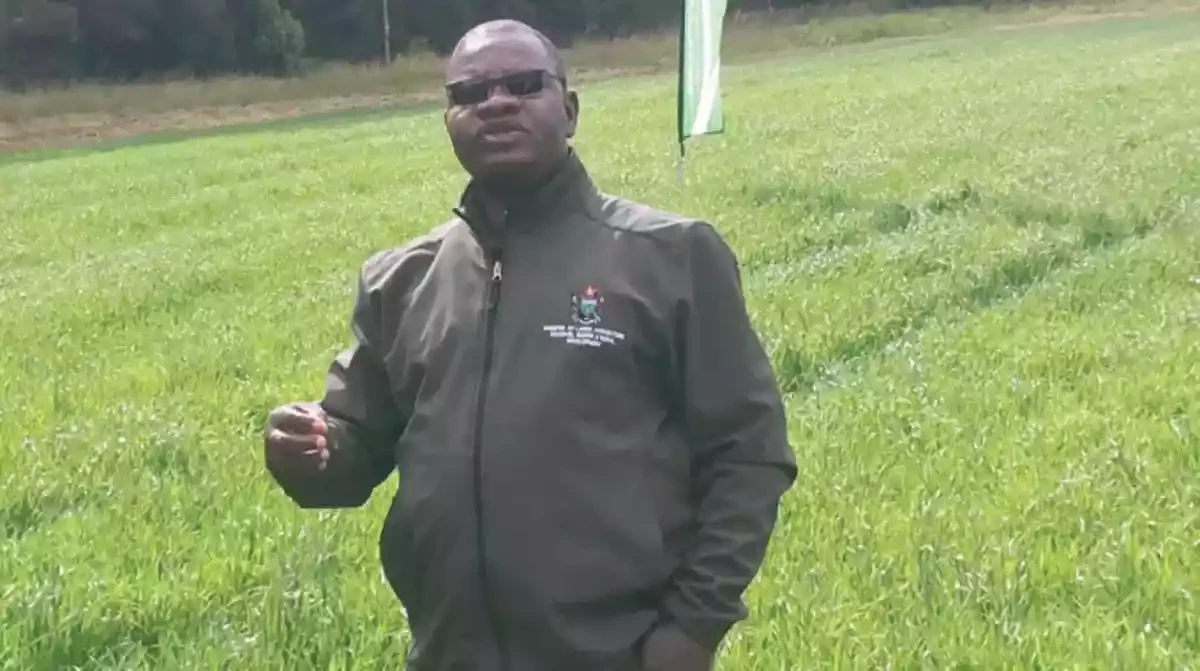
Stakeholders in the agricultural sector have launched a programme that will see the implementation of a climate-smart resilient design to assist farmers to respond to climate change.
The programme, Takunda, will be implemented through the Farmer Field Business School Model with the aid of USAID and Care International.
The model has a strong market-based focus on food security, gender, nutrition and household income components that enhance collaborative skills among farming communities to engage in equitable decision-making.
The Takunda programme has been successfully implemented in the agricultural sector in places like Masvingo (Chivi and Zaka districts) and Manicaland (Mutare and Buhera districts).
Speaking at the Takunda policy dialogue on Friday last week, Agriculture ministry secretary Obert Jiri said the government was encouraging food security at the household level through climate-smart agriculture resilience.
“Because of the unbalanced rainfall season where some areas will receive rains while others will not, agriculture has to be climate proof.
“As the government, we are encouraging climate proofing at two stages, in the household, and the Pfumvudza programme to ensure food security,” he said.
Takunda seeks to promote sustainable, equitable and resilient food, nutrition and income directly impacting 301 636 people and targeting all population groups.
- HCC considers cancelling ZimPhos contract
- Zim hit by grain shortage
- Masvingo teen stars in human wildlife ‘Konflict’ film
- Artisanal miners bear brunt of TB infections
Keep Reading
Approximately 70% of the population in Zimbabwe relies on agriculture, with the majority depending on rain-fed activities, which are particularly sensitive to climate variability.
The programme focuses on gender vulnerability in Zimbabwe, as women are disproportionately responsible for household foodsecurity, resilience design strategies recognise and address these gender-specific challenges by empowering women with climate-resilient agricultural techniques, facilitating access to resources and opportunities for diversified income streams.
Lizzie Mavhunga, one of the farmers who benefited from the programme, shared her experiences on how Takunda helped her and the community to be able to afford food.
“Takunda programme helped my community and on how to conserve water and keep the soil wet and fertile and now we can afford food and other basic needs and no longer buy maize because it is costly,” she said.
Another beneficiary, Wickrafu Mapfumo, said he was struggling to feed his family before the programme.
“Before the programme I was unable to fend for my family and was living in a two-roomed house. However, after being educated Iwas able to feed my family and also build a four-roomed house and now there is change.”






